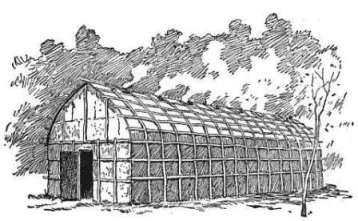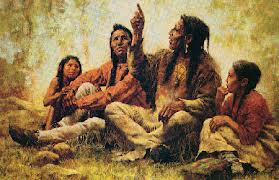It is fun to read on Starfall.
Under the, '
It's Fun to Read' sign,
click here, you will find some interesting reading under 8 different signs. You can choose to have the computer read the whole page to you first or just read the words you highlight.
The 8th sign, '
Next Level: I'm Reading!'
click here, gives you 6 more categories to read from with many stories in each category.
You can also read from, '
Talking Library' click here, where some titles are available for you to enjoy.
Mastery Reading
When you practise reading, try to get to a
mastery level with each story, book, poem, riddle, or whatever you are reading, before you move on to the next one. Mastery reading means you can read it - fluently (smoothly so your reading sounds like talking),
- with expression ( use different voices for each character, loud/soft, excited, etc.),
- with no mistakes,
- and observe all punctuation (voice goes up for a question, pause at a comma, stop at a period, sound excited/upset/surprised, etc. at an exclamation mark).
Of course, you can retell, or explain the story or text you are reading in your own words! If you can not, you do
not understand the story or text. Read the story or text again. If you still can not retell or explain it, it is too difficult for you and not a good fit. Try another text or story.
Enjoy improving your reading skills!








.jpg)


